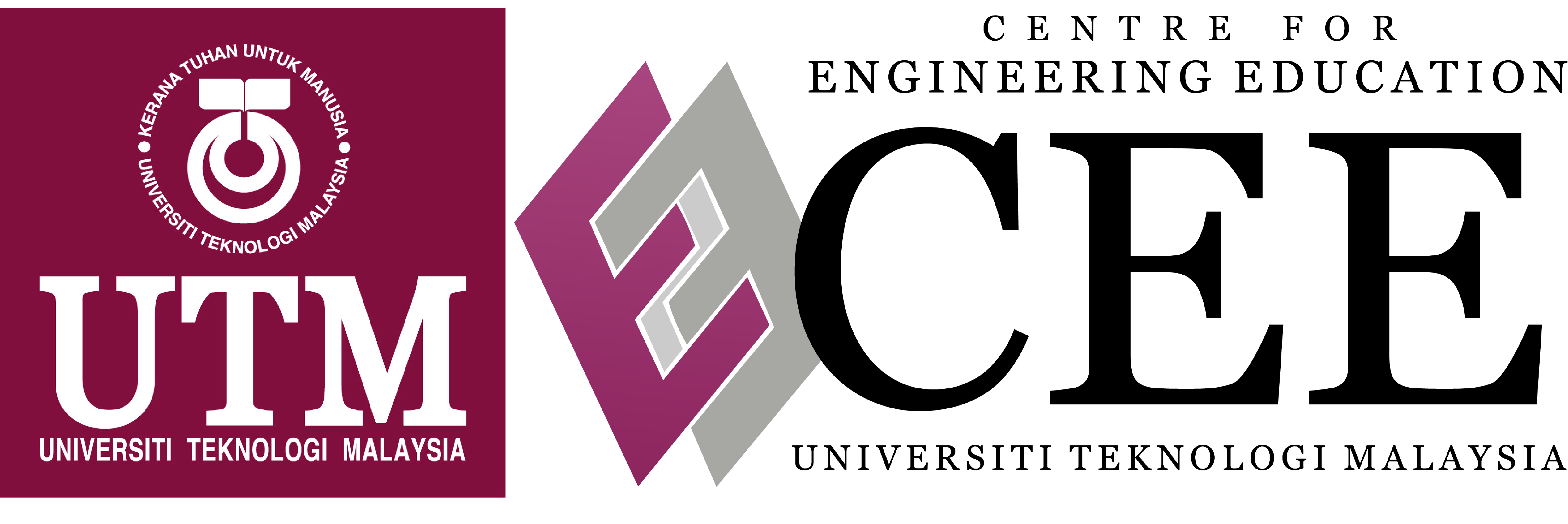Innovative Learning for Future Engineers
Download your copy of webinar handout
Watch the recorded webinar here
Watch Our Featured Engineering Insights
Instructors and employers of college science, technology, engineering, and mathematics (STEM) students commonly complain about what the students and recent graduates cannot do. “All they know how to do is memorize,” grumble the professors. “I may go over a problem in class, but if I give them a slightly different problem on an assignment or test, they’re helpless.” “That’s right,” agree the employers. “If they get an assignment on the job that isn’t exactly like something they were taught in school, they have no idea what to do.”
Whether or not the professors and employers use the term, they are bemoaning the fact that their students and new employees are not self-directed learners, able to tackle a new problem and figure out what they need to learn to solve it, where to get the necessary information, and how to work their way to a solution, all without professors and textbooks.
It should not come as a surprise to the instructors that many of their students can’t do those things, because college courses rarely teach how to do them. Some students are naturally talented and learn how on their own, but most don’t do it in school, and they either learn it through painful trial and error after graduation or they never learn and fail.
The skills required for self-directed learning are not obvious to most students, but they are not very difficult and they are teachable. This interactive webinar will provide an introduction to the skills and how to teach them. After participating, you will be able to answer the following questions:
- What is self-directed learning? What do self-directed learners do that most students don’t do?
- How can STEM students who are not self-directed be introduced to the concept, motivated to develop the required skills, and started on the path toward doing so?
- How can development of self-directed learning skills be integrated with traditional STEM instruction (which is how the skills are most likely to be learned) rather than being treated as a separate topic?

